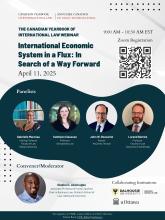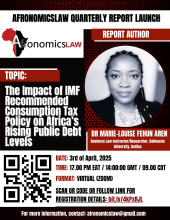International court decisions, the corruption of the elite in the Global South, and the refusal of states to uphold their obligations towards people who are excluded from the privileges of citizenship shape how migrants experience law, as well as how they forge their paths to justice, recognition, and access. This book and symposium contribute to efforts to understand and document how international law impacts migrant communities, but also how these communities fill the lacunae created by law and migrant status through their acts of contestation and innovative approaches. It delves into the evolving approaches to migration and international obligations in the two states as they face new migration-related challenges.

